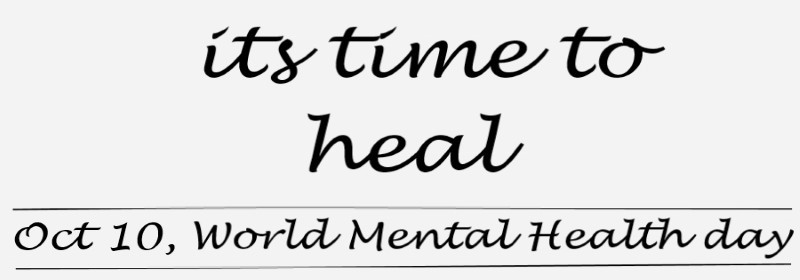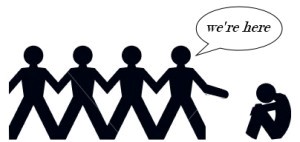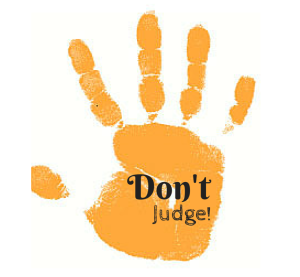Dignity in Mental Health

Everyone is born with rights and dignity – and this is inherent in the fact that one is a human. Every person has some intrinsic value and he deserves to be respected and treated with equality for that very value. Human dignity is the standard that is used to guarantee that ethical behaviour is always followed in full form. Regardless of what a person may be, where he may be from or what his physical or mental condition is, every individual has a right to be treated with dignity. This is just as true for people who are coping with mental health disorders.
The theme for this year’s Mental Health Day is Dignity in Mental Health. Here is why you should be showing solidarity and support for the cause.

1. When people suffer from mental health disorders, they are not able to see their value and dignity. They lose sight of the value they have, and feel vulnerable. People with mental health disorders need to be able to feel comfort so that they can take help.
2. Help assure people with mental health disorders that they are valued and respected, and that their true essence boils down to their dignity.
3. People coping with issues of mental health are in not in any way lesser in terms of dignity in comparison with any other person.
PC: www.leaderspubshash.org
4. Encourage people to feel that they are valued. It is only by doing this – i.e., respecting human dignity, that a person suffering from mental health disorders can succeed in seeking help. Because of the ascription of stigma, many people hold back from asking for help.
5. Never assault the dignity of an individual, and this is as true of a person in need of help for a mental health disorder. If they are made to feel fear or are shamed, it makes their treatment and healing difficult.
6. Dignity should be promoted in the care giving process. Providing personalised consulting and care giving, ensuring that there is no judgment surrounding an individual’s needs for therapy and help and also creating safe spaces for them to speak freely is vital.
7. Always be there for a person who has a mental health disorder and is in need of some assistance. Do not judge them, scold them or tell them to “snap out of it”, because that can be one of the harshest things one can say to them. This is both dangerous and also a bad example to set – for the individual may not feel comfortable with sharing, or talking about what he is going trough.
8. Cast aside any considerations that you might have, and avoid imposing solutions upon an individual who is in need of help for his mental health issue. Avoid forcing your solutions onto them – it is important that you stand steadfast in support of the person, but always ensure that you do not expect that your solution for them to be the be all and end all. A solution is not a solution until it is owned and shared as a vision for the person in need of a solution.
References:
http://www.who.int/mental_health/world-mental-health-day/2015/en/








